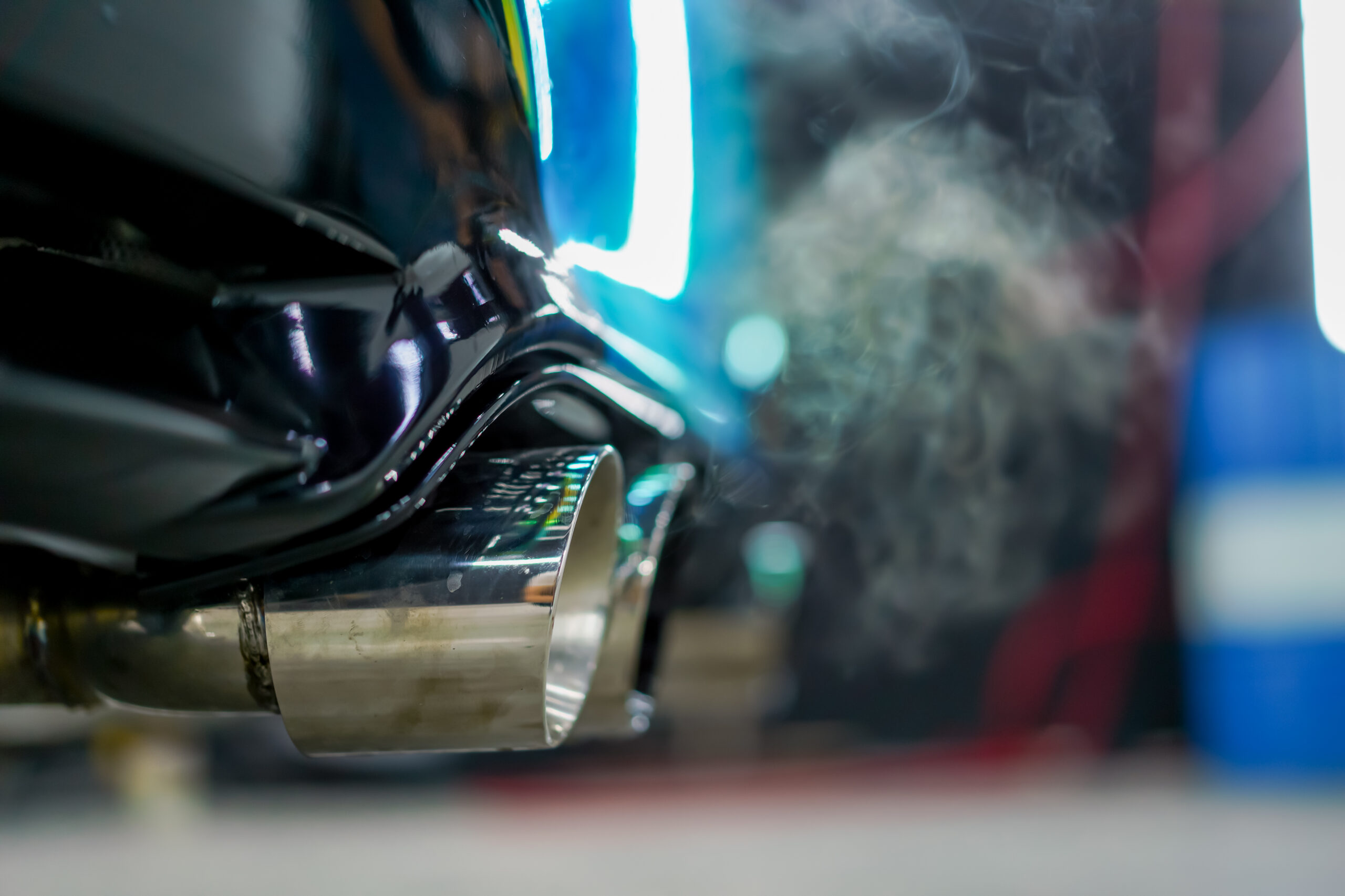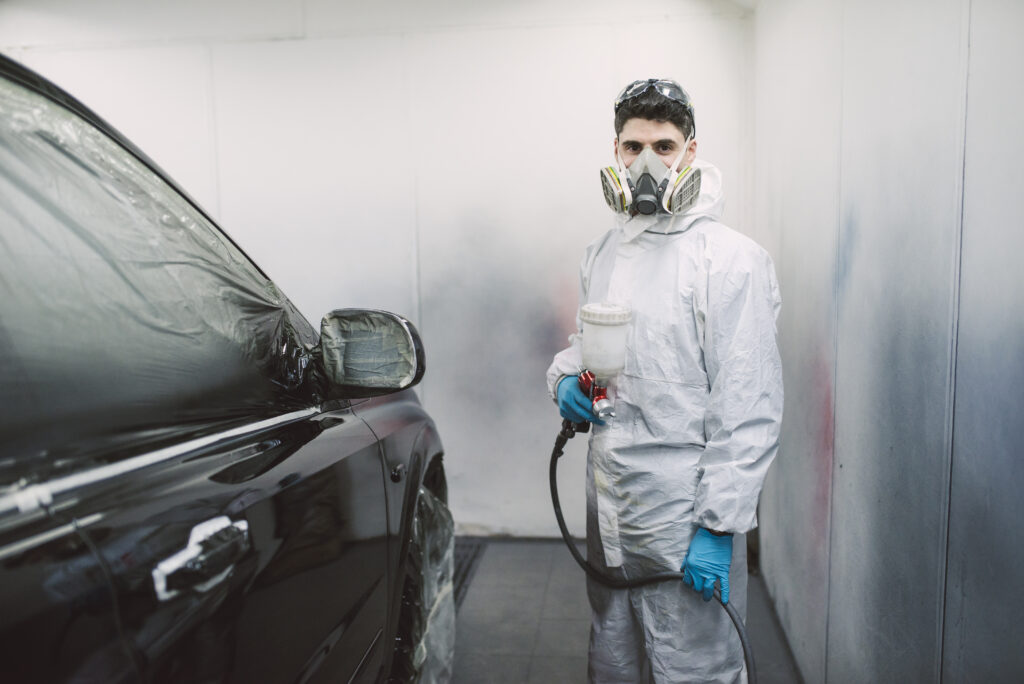When your car is involved in an accident, one of the first concerns is whether the vehicle will be considered a “total loss.” How much damage is needed to total a car? This term can be confusing, as it doesn’t necessarily mean the car is completely destroyed. Instead, a vehicle is declared totaled when the cost of repairing the damage exceeds a certain threshold compared to the car’s value.
Understanding how insurance companies determine whether a car is totaled and what factors influence this decision can help you navigate the aftermath of an accident more effectively. This article will explore totaling a car, the key factors involved, and what to expect if your vehicle is deemed a total loss.
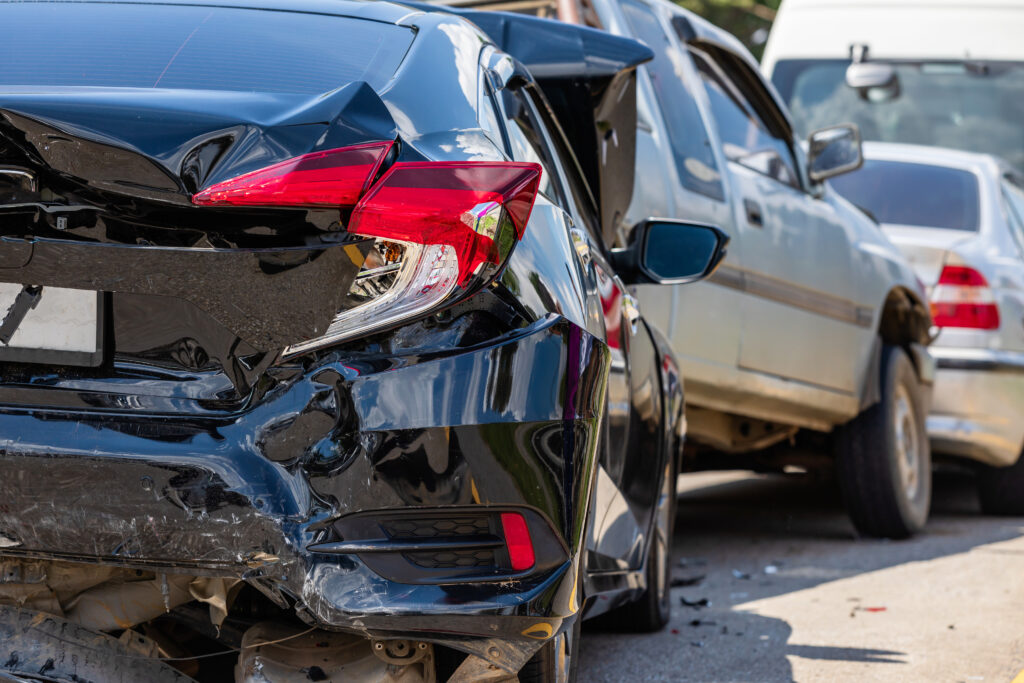
What Does It Mean to Total a Car?
To “total” a car means that the repair cost is deemed too high relative to its value. Insurance companies use a formula to calculate this, considering the car’s actual cash value (ACV) and the estimated repair costs. If the repair costs approach or exceed a certain percentage of the car’s ACV, the insurance company will declare it a total loss.
The exact threshold at which a car is considered totaled varies by state and by insurance company, but it typically ranges between 50% and 80% of the vehicle’s ACV. For example, if your car is worth $10,000 and the repair estimate is $7,000, the insurance company may decide that the car is a total loss because the repair costs exceed 70% of the car’s value.
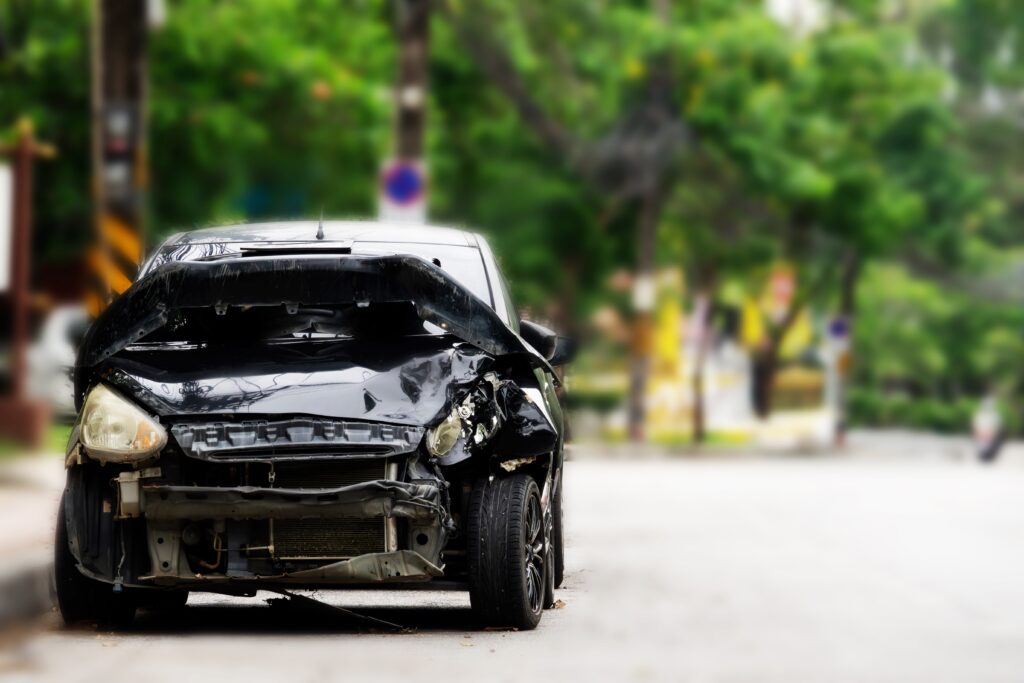
Factors That Determine If a Car Is Totaled
Several factors influence whether a car is declared a total loss. These include the car’s ACV, the estimated cost of repairs, state laws, and the insurance company’s specific guidelines.
1. Actual Cash Value (ACV)
The ACV of your car is its market value at the time of the accident, taking into account factors like age, mileage, condition, and depreciation. The ACV is not the same as the replacement cost; instead, it reflects what the car was worth immediately before the accident. Insurance companies determine the ACV using various resources, including car valuation guides like Kelley Blue Book and National Automobile Dealers Association (NADA) guides, as well as market research and appraisals.
2. Repair Costs
The estimated cost to repair the damage to your car is a critical factor in determining whether it will be totaled. Repair estimates include parts, labor, and any additional costs associated with restoring the vehicle to its pre-accident condition. If the cost of repairs is high enough, the insurance company may decide it is not economically feasible to fix the car.
3. State Laws
State laws play a significant role in determining whether a car is totaled. Many states have a “total loss threshold” (TLT), which is a specific percentage of the car’s ACV. If the estimated repair costs exceed this percentage, the car is declared a total loss. In some states, the threshold is as low as 50%, while in others, it may be as high as 80%. Some states use a different approach called the “total loss formula” (TLF), where the insurance company adds the repair cost to the salvage value of the car and compares it to the ACV. If the sum is greater than the ACV, the car is totaled.
4. Insurance Company Guidelines
Each insurance company has its own guidelines and criteria for determining when a car is totaled. While state laws set the minimum standards, insurers may choose to declare a car a total loss at a lower threshold if they believe it’s more cost-effective. Additionally, some insurance policies may include specific provisions regarding total loss, such as requiring the use of OEM (original equipment manufacturer) parts, which can increase repair costs.
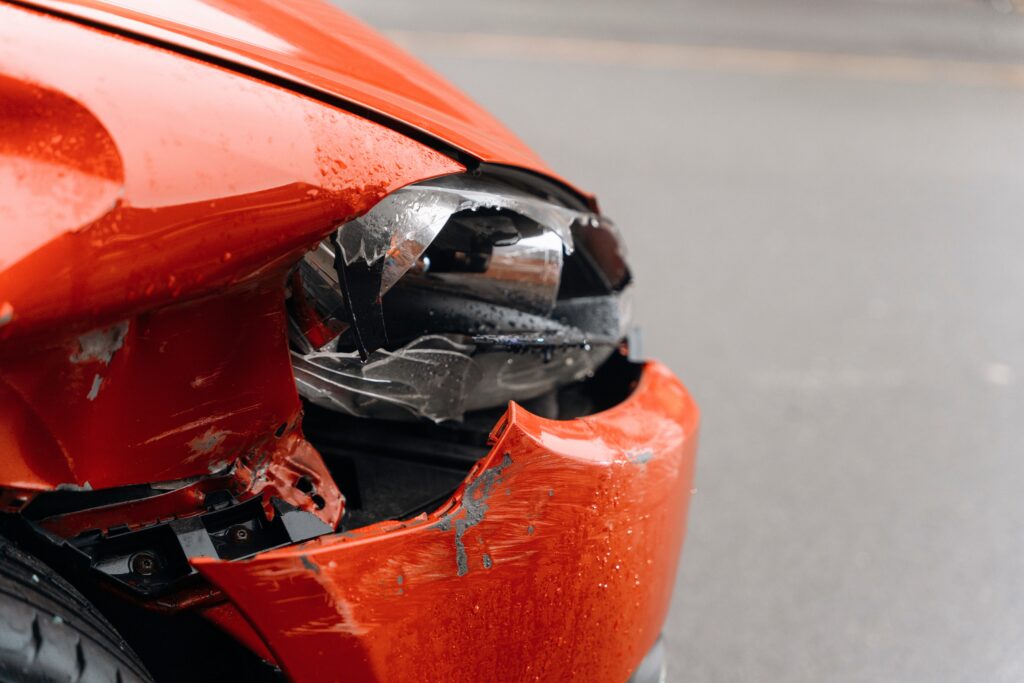
What Happens If Your Car Is Totaled?
If your car is declared a total loss, the insurance company will typically pay you the ACV of the car, minus any deductible. Once the car is totaled, the insurer takes ownership of the vehicle, which is usually sold for salvage. Here’s what you can expect during the process:
1. Settlement Offer
The insurance company will make a settlement offer based on the ACV of your car. It’s important to review this offer carefully, as you have the right to negotiate if you believe the ACV has been undervalued. You can provide evidence such as recent sales of similar cars in your area, maintenance records, and photos to support your case.
2. Deductible
Your insurance deductible is the amount you agreed to pay out of pocket before your insurance coverage kicks in. This amount will be subtracted from the settlement offer. For example, if your car’s ACV is $10,000 and you have a $500 deductible, the insurance company will pay you $9,500.
3. Salvage and Retaining Your Vehicle
In some cases, you may have the option to retain the car, even after it’s been declared a total loss. This is known as “retaining salvage.” If you choose to keep the car, the insurance company will deduct the salvage value from your settlement offer. However, be aware that keeping a totaled car comes with challenges, such as difficulty obtaining insurance coverage, potential safety concerns, and the need to obtain a salvage title and repair certification.
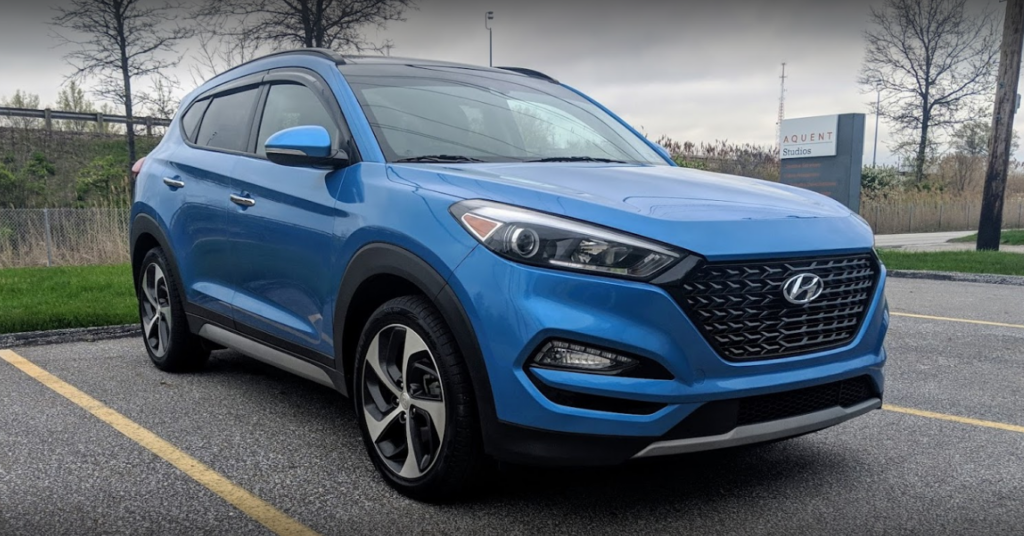
Considerations When Your Car Is Totaled
While the process of totaling a car can be straightforward, there are a few key considerations to keep in mind:
1. Gap Insurance
If you have a car loan or lease, gap insurance can be crucial in the event of a total loss. Gap insurance covers the difference between the car’s ACV and the amount you still owe on the loan or lease. Without gap insurance, you could be left owing money on a car that you no longer own. For example, if your car is totaled and the ACV is $15,000, but you still owe $18,000 on your loan, gap insurance would cover the $3,000 difference.
2. Aftermarket Parts and Modifications
If your car has aftermarket parts or modifications, it’s important to inform your insurance company, as these can affect the ACV. Some policies may not cover aftermarket parts unless they are specifically listed in the policy. If your car is totaled and you haven’t declared these modifications, you may not receive compensation for their value.
3. Disputing the Total Loss
If you disagree with the insurance company’s decision to total your car or with the ACV they have assigned, you have the right to dispute it. You can request a re-evaluation, hire an independent appraiser, or negotiate directly with the insurance company. In some cases, you may need to involve a lawyer if the dispute cannot be resolved amicably. Sometimes in some ways, insurance can get it wrong with how much damage is needed to total a car.

Conclusion
Determining how much damage is needed to total a car involves a complex interplay of factors, including the car’s ACV, repair costs, state laws, and insurance company guidelines. Understanding these elements can help you better navigate the claims process and make informed decisions if your vehicle is involved in a serious accident.
If your car is totaled, it’s essential to know your rights and options, from negotiating the settlement offer to considering whether to keep the car. Being proactive and informed can help you achieve a fair outcome and move forward with confidence.
At Wickliffe Auto Body, we understand that dealing with a totaled car can be overwhelming. Our team is here to provide expert guidance and high-quality repair services to help you get back on the road as quickly and smoothly as possible. Whether you need assistance with a total loss claim or are looking for reliable repairs, we’re here to help you every step of the way. We hope this helps you understand how much damage is needed to total a car.

